
Anyone who follows The Black Narcissus will attest to the knowledge and passion of Neil Chapman for all things perfume. Based in Kamakura, Japan, the self-proclaimed “perfumista” and teacher has created a dedicated following with his highly expressive and often personal writing.
So it was no surprise when his debut book, Perfume: In Search Of Your Signature Scent, was published in early 2019. Featuring over 700 fragrances (from vintage and niche to classics), this “scent atlas” is a joy to read from cover to cover. Apart from its reader-friendliness (scents are categorised according to their dominant note), his incisive style is present throughout.
I was quite intimidated when I approached Neil Chapman about this interview, as his level of writing is something I can only aspire to in my next life. He was most obliging in providing such characteristic detailed insight. While his use of long, free-ranging sentences has been edited to an extent in the book, I’ve kept much of that intact here.
Pics note: All the fragrances (my own pics) used to illustrate this post are featured in Perfume: In Search Of Your Signature Scent by Neil Chapman. I’ve gone overboard, in my customary style, to show the diversity of fragrances in the book.

What fragrance are you wearing today? And how does it make you feel?
I am wearing a Javan vetiver essential oil on the body (which is grounding and evolves nicely on skin), as well as some Zegna Haitian Vetiver sprayed on a sweater for contrast. They complement each other well.
How long was this book in the making? And how did it come about?
I had a lot of material in my vaults I had written over the years about all kinds of perfumes that I could use, so it was a question of putting it all together like a tapestry of my life in scent, sniffing new things wildly (the house was a bombshell) – and trying to decide what to include from the classics of the past, given the page number limits I was allowed. I managed to stitch it all together just in time….
In terms of the larger arc, I started writing about perfume in 2008, just privately, having been sent the original French guide by Luca Turin [Parfums: Le Guide] by a friend and which I found completely poetic and inspiring. I remember I then just picked up a pen and paper one day while in the teachers’ room and started writing my first review, of Guerlain’s Mitsouko.
I found that I loved doing it: trying to “nail” a scent in words. And so I started writing more and more perfume descriptions and then came up with the basic idea of this book. A note-by-note “atlas” of the olfactory landscape that would help both the “lay person” new to the topic, as well as be of interest to perfume lovers.
I sent off the proposal to various literary agents in London, but was told that I probably needed to build more of a profile first to get publishers interested, and so I started my blog The Black Narcissus in 2012, which is now the main passion in my life. Winning the Jasmine Literary Award in 2013 helped me to get noticed, and then a few years later I was lucky enough to get a publishing deal.
When I first saw the title of your book, my response was, “Isn’t the concept of a signature perfume out-dated?” But having read your book now, I think your take on the idea of a signature perfume is different to the conventional one…
I would love to know what your own take is on this, and how our ideas might differ in this regard, but I agree that for obsessive perfume lovers who collect and wear a lot of different fragrances, the idea of a monogamous “signature” might seem very limiting – even impossible.
At the same time, I grew up with friends, family members, people I fell in love with, who all wore certain scents that suited them perfectly, and there is no doubt in my mind that having an association of one person with one particular perfume is extraordinarily powerful. With such a scent, you are sealed in the minds of others for all eternity.
“With such a scent, you are sealed in the minds of others for all eternity.” – Neil Chapman
The key to my book is in the title “In Search Of Your Signature Scent”. It is not intended to be a be-all and end-all definitive guide (impossible, given the number of fragrances out there), but rather the beginning of the search; a way of entering the world of perfume, like Alice Through the Looking Glass (or rather, the “rabbit hole”, a term that a lot of people with a budding fragrance obsession use when they realise there is no way out once you have begun).
To a lot of people, perfume is completely mysterious and opaque, so I thought that by having some of the language demystified – for instance, explaining the origins of patchouli or vetiver and then describing what those ingredients actually smell like – while hopefully simultaneously not crushing any of the mystery, the heart of perfume itself could become more illuminated. My goal was for the book to hopefully be poetic, immersive and to take people out of reality – precisely what a good perfume itself does.
Your book does a great job at making the often-mystifying world of perfume more accessible. Why is the industry so often guilty of obfuscation?
Because it relies on people not having a clue what they are wearing in order to make them buy that scent based on visual and cultural associations in advertising, rather than on being scent literate themselves and choosing a scent purely based on its olfactory merit. People need to be kept in the dark for the major brands to continue making money!
Does writing always come easily to you?
When I wake up in the morning, I normally know whether I am going to be able to write or not. If not, I don’t even attempt to do it. Otherwise, it comes insanely easily. I just sit down and it comes out.
The way you experience perfumes and write about them is vivid and distinctive. What advice would you give to anyone who wants to improve their understanding and appreciation of perfume?
Thank you for the compliment. For me, perfume is not just about smell, but about a fusion of sensory pleasure with life itself – memories, people, aesthetics, time – which is why I have evolved my own quite emotional style of writing.
“Perfume is not just about smell, but about a fusion of sensory pleasure with life itself – memories, people, aesthetics, time.”
In terms of understanding and appreciation of perfume, although it might seem contradictory, given that I write about perfume myself, to say that I am not sure a person necessarily needs to “understand” it (studying music and school and film at university, I found that neither added to my enjoyment of the medium; if anything, the opposite was true, as at heart I really do love mystery).
On the other hand, if someone does want to go deeper into the world of perfume to get more out of it, there are several things you can do. One is to become familiar with the notes and ingredients in question by trying out essential oils in a high-level apothecary or aromatherapist’s. Only then will you truly understand what exactly is meant by ylang-ylang essence, and how it works so brilliantly in a perfume like No 5 by Chanel. You can then see how it fuses with jasmine and rose (both of which you can also try in essential oil form) to begin to see the brilliance of a genius perfumer’s art.
Also, by comparing different perfume writers’ opinions about a perfume – as everyone, of course, has their own viewpoints and objective takes, and by seeing how you personally respond to the scent in question on the back of your hand – you can begin to come to your own conclusions and trust your own instincts. Perfume is directly connected to pleasure – and we all know how differently that is experienced in each individual.
Apart from being an essential guide, what also comes across in your book is your belief in the mood-altering power of perfume and aromatherapy. Where does your love of aromatherapy come from?
To me, perfume and aromatherapy are intimately connected – for obvious reasons, given that originally, before the invention of synthetics, perfumes were made exclusively of natural essences. That aside, because I have a great love of beautiful smells per se, it was natural for me to gravitate towards aromatherapy, to just get my hands (or rather, nose) on the building blocks, but then amazing to discover the true power that they have on the body, mind and nervous system as well, way beyond their aesthetic appeal.
Bergamot really is a mood-lifter; lavender genuinely healing and relaxing; rosemary libido-enhancing; frankincense otherworldly, almost trance-inducing.
I use essential oils as medicines, but the scientifically documented effects of essential oils on people’s mood and emotions also make their way into the impact of the perfumes they are used in. True jasmine perfumes are inherently erotic.
Have you been keeping up with the reviews on your book?
This will probably sound like false modesty, but I haven’t really. I find both criticism and praise quite embarrassing.
Are you working on another book already?
Yes. I have a possible idea for another perfume book and have already started writing a memoir about my life in Japan. There is so much to write about sometimes I am not even sure where to start….
If you had to recommend three other essential perfume books, what would they be?
The Turin / Sanchez guides [Perfumes: The A-Z Guide and Perfumes: The Guide, because even though they can be quite critical sometimes (to put it mildly), they can be incredibly incisive and have their finger on the pulse of what is going on. Luca Turin, along with Michael Edwards, is the Godfather of perfume writing: before them, perfume was much more unfathomable to people.
I love Dariush Alavi’s book Perfume, as his writing is immaculate and concise in a way that mine could never be (I hope he does another book on perfume sometime soon). The Mandy Aftel books – Essence & Alchemy: A Book Of Perfume and Fragrant: The Secret Life Of Scent – are essential reading for anyone who wants to understand the art of perfumery from the perspective of the perfumer. She delves deeply into what each essence’s role is in a perfume, and her sheer enthusiasm and zeal for the subject is infectious.
What depresses you most about perfumery in 2020?
Mainstream perfumes are on the whole not exciting and tend to smell all the same (very chemical and cheap and along clichéd gender lines). Too many niche brands are overpriced and are weird for weird’s sake. I like innovation and new ideas, but also balance and integrity: in the end, the perfume should smell nice, not only “interesting” or audaciously conceptual. That’s why I like niche brands like Rogue Perfumery and Parfums Dusita – they have found a fine equilibrium.
Many perfume bloggers are active on YouTube and Instagram, but you aren’t. Any particular reason?
Although in some ways I wish I could be more active on social media, I have a sponge-like hypersensitivity, and there is only so much stimulation and interaction I can take in one day while also doing a teaching job (preparing Japanese students for top-level university entrance examinations). I need quiet and mental space, which is why I live up here on a hill in the zen capital of Japan, Kamakura. There are only so many hours in the day, and I need to wake up with a “blank slate” to be able to write anything spontaneously that is sincere and of decent quality.
Can we expect a range of Neil Chapman perfumes?
I wonder….
Perfume: In Search Of Your Signature Scent by Neil Chapman is available on Amazon.
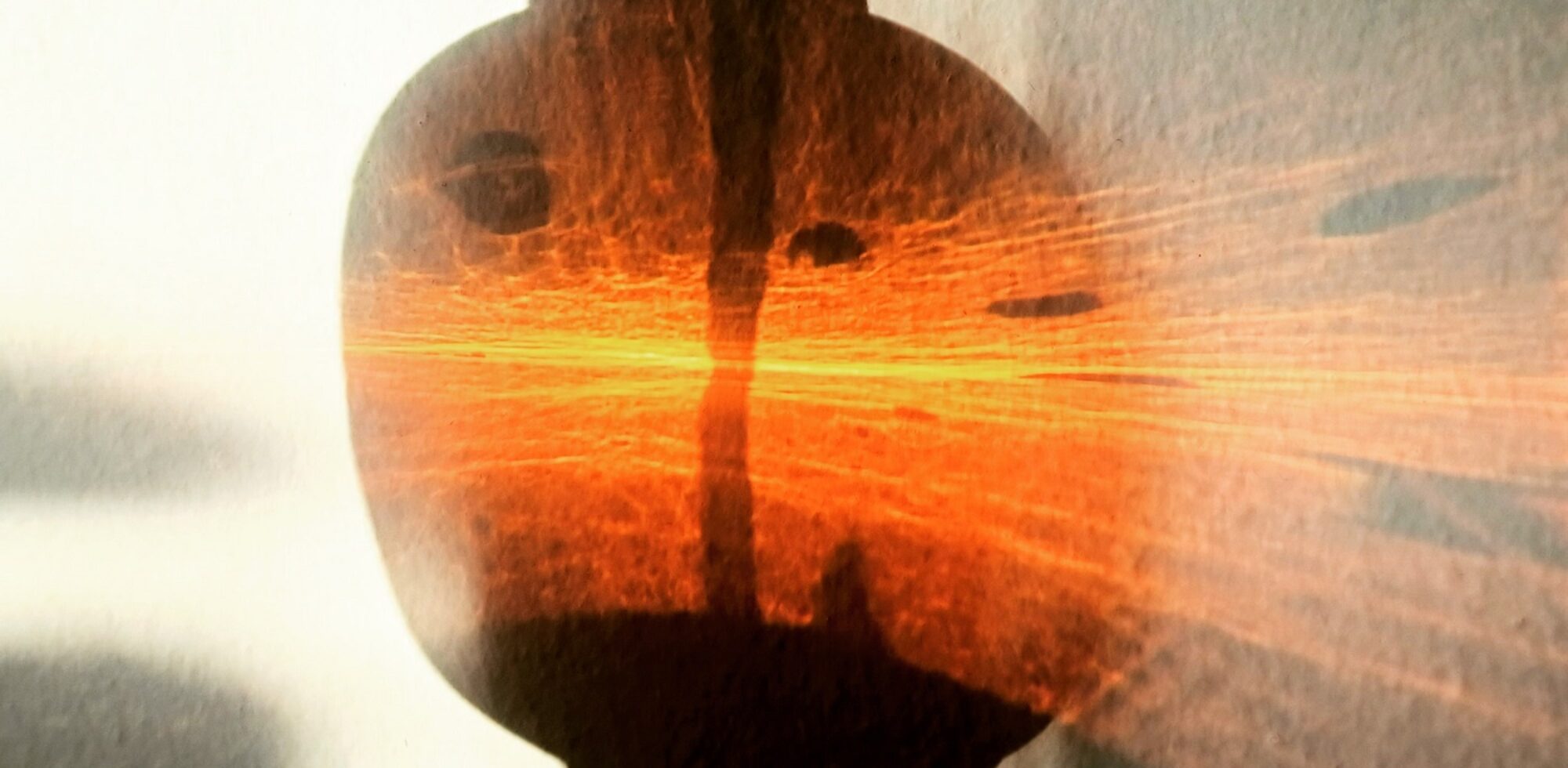
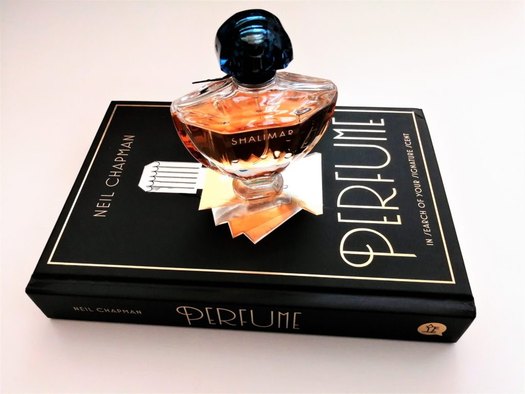
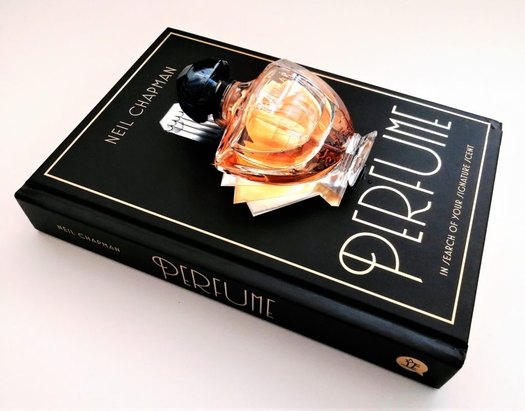
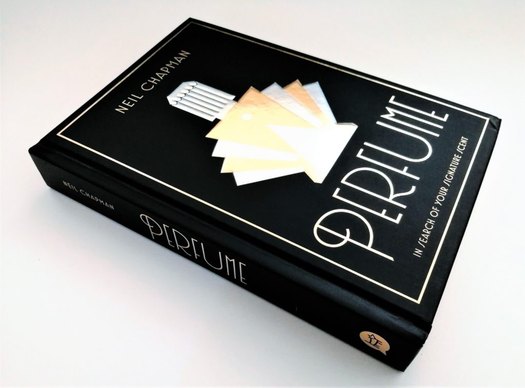
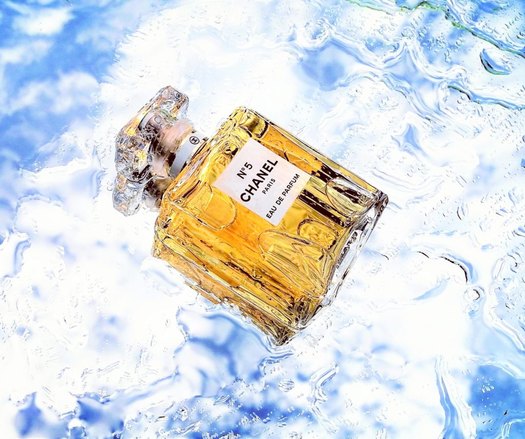
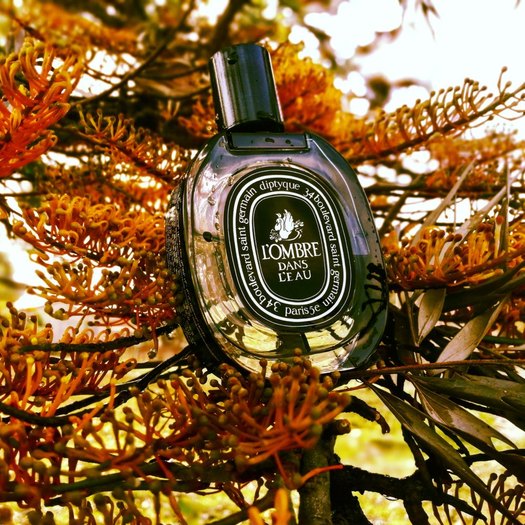
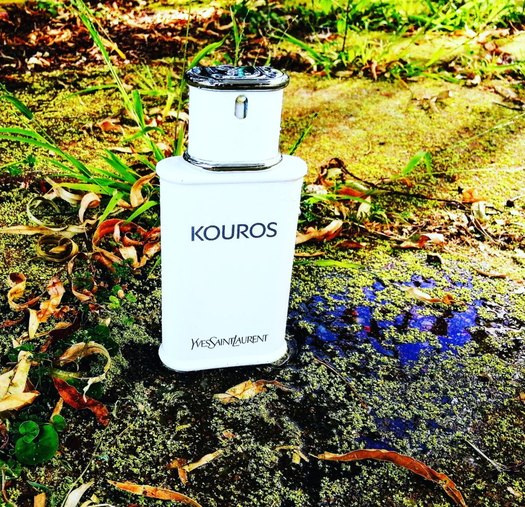
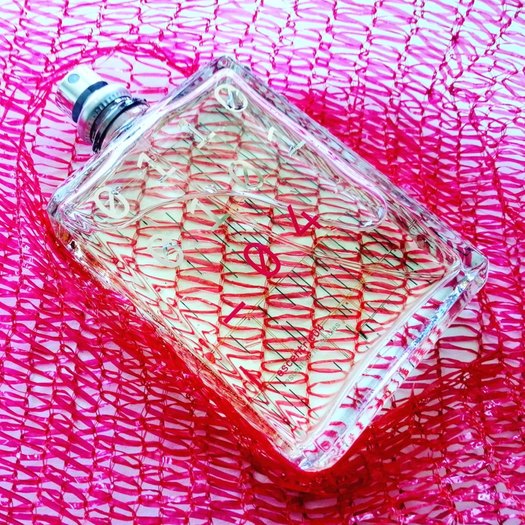

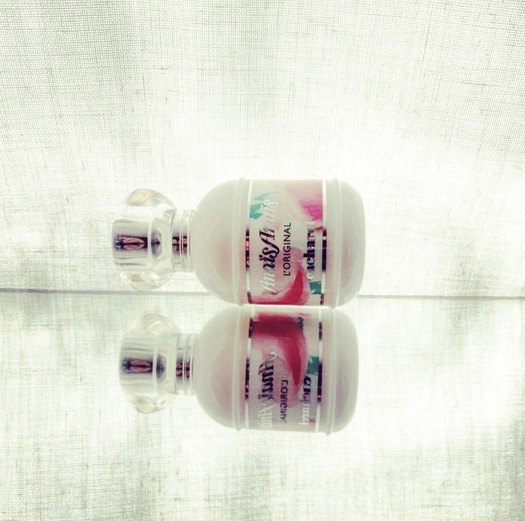
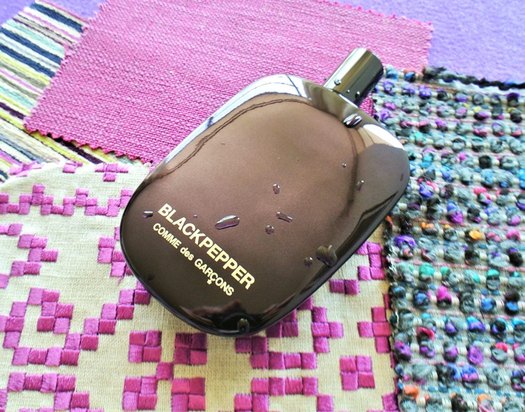
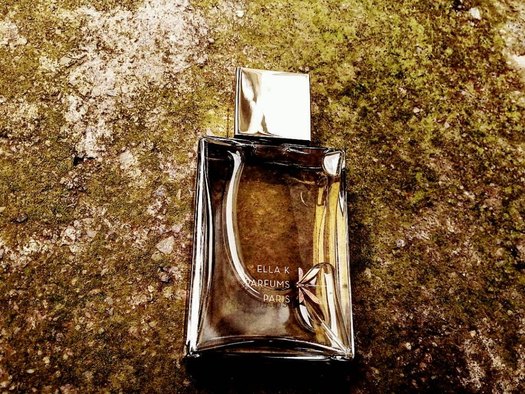
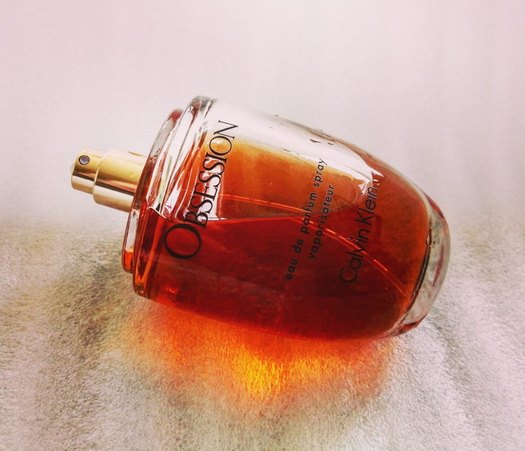
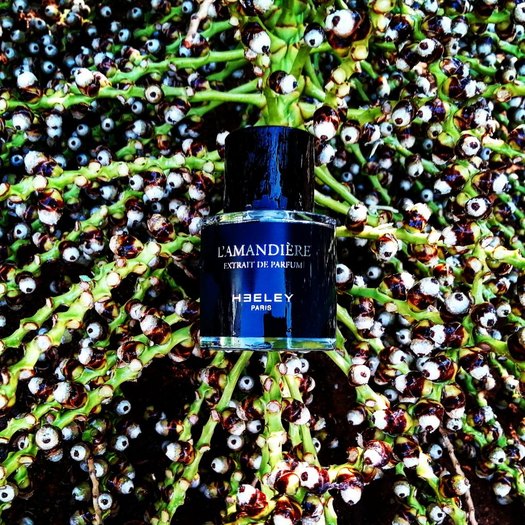
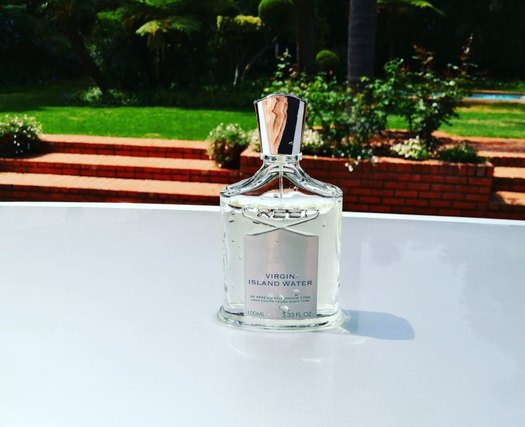
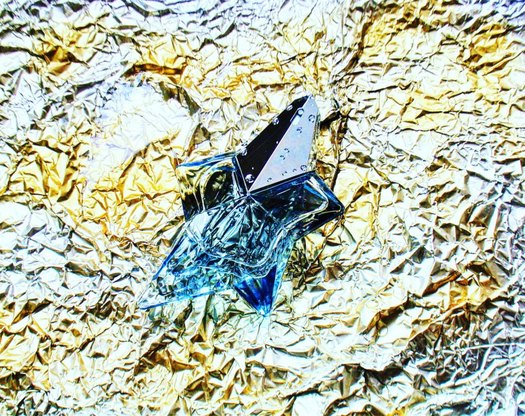
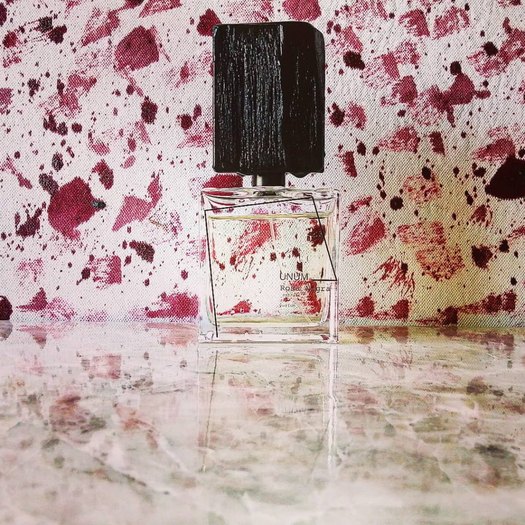
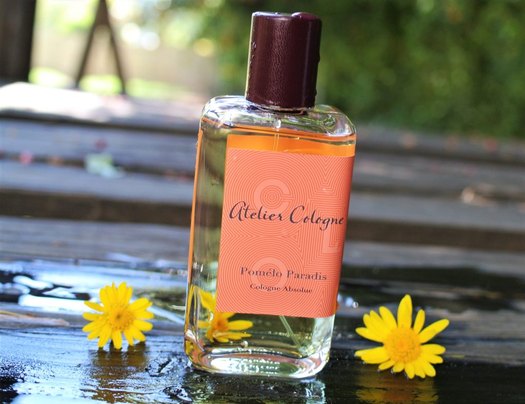
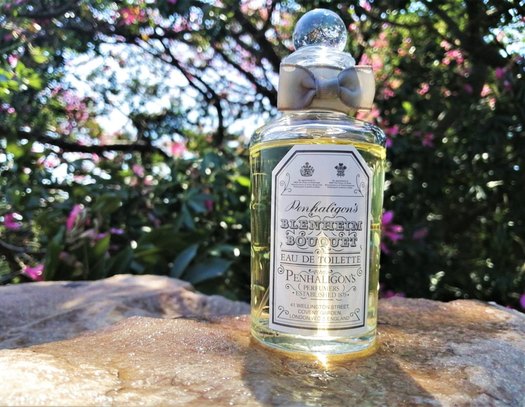
Fabulous interview, Rich. I enjoyed reading it. Neil Chapman’s book is one of my favourite perfume books. Something to come back to, time and time again. Thank you for the insights.
Thank you so much, Daniel. Only a pleasure. It’s such a great guide. The same here.
Very interesting interview! Thank you.
Big thanks, Aurore. Neil Chapman is an interesting man.
I loved this interview and your answers and comments were perfect! I look forward to reading your new books.
Hello Filomena, thank you so much for reading my interview with Neil. His answers are wonderfully insightful and I’m also looking forward to his next book/s.